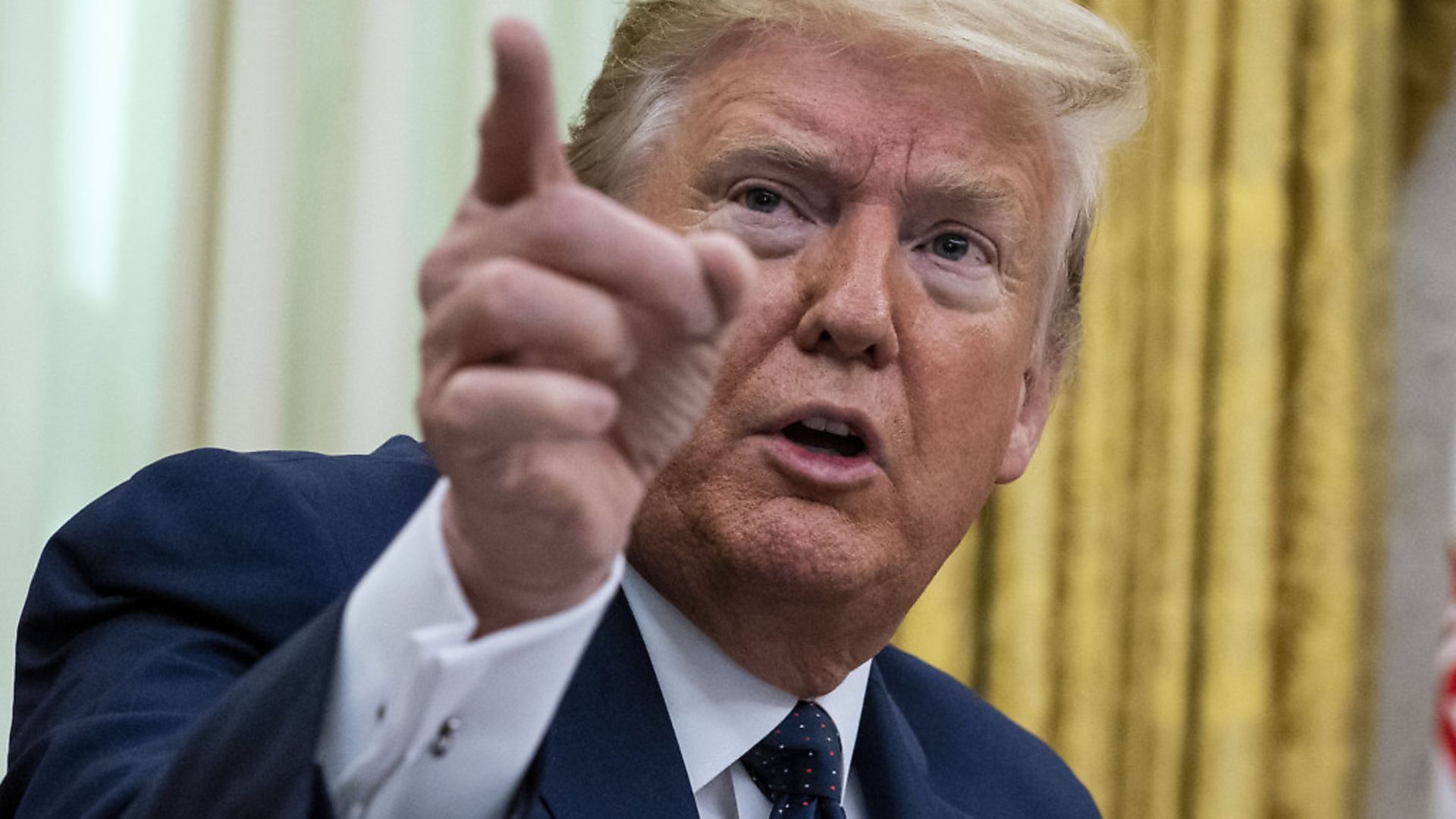
A supermarket boss has refused to stock chlorinated chicken and hormone-injected beef in his stores in a blow to a possible post-Brexit trade deal with America.
Waitrose boss James Bailey wrote in the store’s Weekend magazine: ‘[Many observers] believe that in an effort to win a trade deal for the UK, we could see the standards British farmers have worked so hard to reach and uphold, sacrificed’.
‘In evidence, they point to a substantial number of examples where American standards fall well below our own: from lower-welfare chicken to hormone treated-beef and the extensive use of antibiotics.’
Have your say
Send your letters for publication to The New European by emailing letters@theneweuropean.co.uk and pick up an edition each Thursday for more comment and analysis. Find your nearest stockist here or subscribe to a print or digital edition for just £13. You can also join our readers' Facebook group to keep the discussion and debate going with thousands of fellow pro-Europeans.
He added: ‘Whatever happens, let me give you our commitment. We promise we will never sell any Waitrose product that does not meet our own high standards.’
Waitrose agriculture manager Jake Pickering tweeted that the company would be writing to all its farmer suppliers to inform them of the commitment.
He tweeted: ‘Today we @waitrose will be writing to all of our customers and farmers, to say whatever future trade deals may hold, we remain committed to our farmers! We will never sell any products that do not meet our own high standards. That’s our promise to you, our farmers and the nation!’
Research by Which? found 86% of the British public are worried about a weakening of standards after Brexit, with nearly three-quarters (72%) saying they did not want lower-standard products to be allowed on sale here.
Chlorinated chicken and hormone-injected beef are banned under EU regulations but could end up on shelves and in restaurants, hospitals, fast-food outlets and schools unlabelled as part of a post-Brexit trade deal with America.
The Tories at the last election promised to protect British farming and food standards, but have since rejected amendments to the Agriculture Bill that would have prevented such imports.









